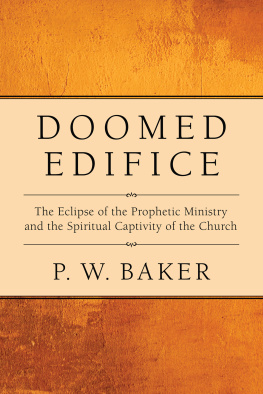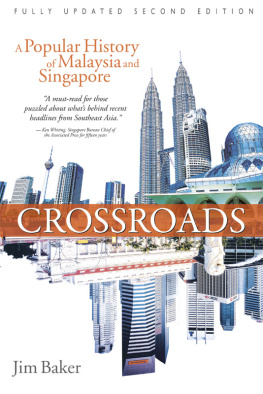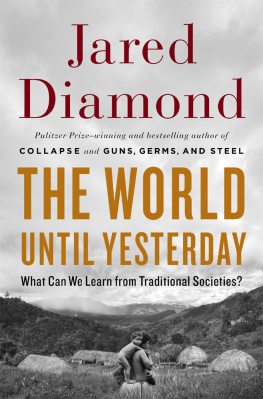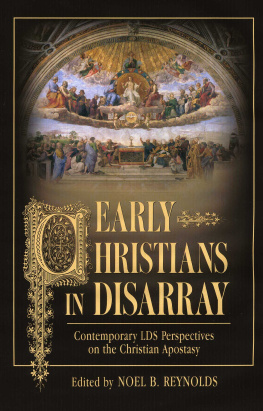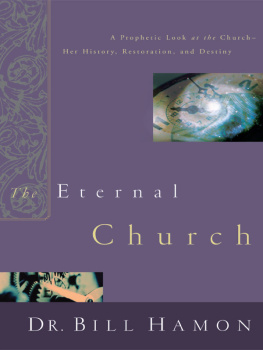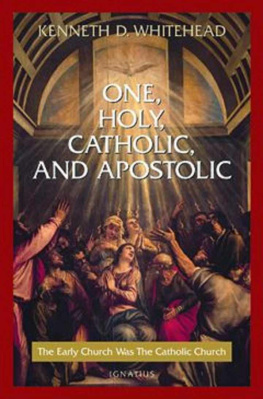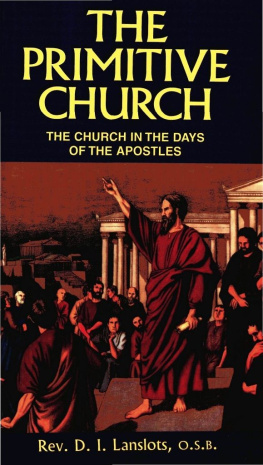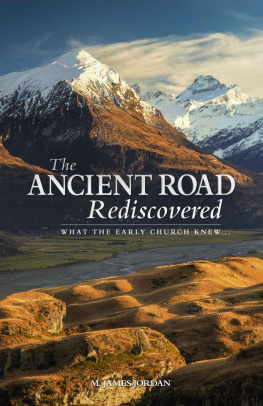Eusebius, Hist. eccl. Eusebius, Historia ecclesiastica
Ign. Phld. Ignatius, To the Philadelphians
Ign. Smyrn. Ignatius, To the Smyrnaeans
Ign. Trall. Ignatius, To the Trallians
Irenaeus, Haer. Irenaeus, Against Heresies
Justin, Apol. Justin, Apologia i
Minucius Felix, Oct. Minucius Felix, Octavius
Origen, Cels. Origen, Contra Celsum
Rom. Hist. Roman History
Tacitus, Ann. Tacitus, Annales
Introduction
I f the comingling of Christianity and politics in the United States for the past thirty years is representative, apparently Christian doctrine now includes being patriotic and supporting the troops, being against abortion, for gun ownership, against homosexuality, against welfare, for the death penalty, and for free-market capitalism. But those defining qualities denote a particularly American political viewpoint and agenda that has virtually nothing to do with historic Christianity. In fact, it is safe to say that first century Christians would concur with only two items on that listhomosexuality and abortion. Yet, to the believers of that time, those two sins were understood as manifestations of all sinful sexual behavior and killing of any kind. So, quite simply, American Christianity has got it wrong.
It must be admitted that few who call themselves Christians today are either aware of or care about this play-acting that passes for living as a disciple of Messiah Jesus. And it is neither an exaggeration nor cynical to say that many evangelical Christians in the United States believe that Jesus came into the world and died so that all people would be guaranteed life, liberty, and the pursuit of happiness.
Yet, its not only American, evangelical, fundamental, reformed, charismatic, Bible-based Christianity that has got it wrong. All institutional Christianity has strayed from its original path and created a host of convenient excuses that permit a way of life that is contrary to its earliest doctrines and principles. What is surprising is how quickly it began to stray.
No single event brought Christianity to its current lamentable state. Rather, a confluence of decisions in the first and second centuriesdecisions deemed both justified and prudent by those who made themproduced the institutional Christianity, the church that exists today. Once those decisions were implemented and established, inertia prevailed. Over the ensuing centuries, a few lonely souls howled for restoration, but it was far easier to dispatch those who howled than attempt to recover whatever was lost. Anyway, inertia had its emolumentsand its extremely difficult to compete with emoluments.
But the church paid an awful price.
Before Israel went in to take possession of the land given to them by Jehovah, Moses explained repeatedly that they were being given the land not because they were more righteous, but that the current inhabitants of that land were being dispossessed as punishment for their sin (Deut 9:46). Israel was being used by Jehovah as an instrument of wrath. Moses carefully instructed Israel that they were to make no treaties with the nations residing there (Deut 7:2), or covet their gold (Deut 7:25), or intermarry with them (Deut 7:34), but to drive them out entirely. He warned that, if Israel comingled with the surrounding cultures, they would be snared into serving other gods and Jehovah would also remove them from the land (Deut 4:2328).
Its amazing how quickly everything deteriorated. The events are recorded in the first two chapters of Judges. Joshua brought the tribes across the Jordan and into the land. Judah, Ephraim, and Manasseh only partially drove out the inhabitants from their allotted portions. The rest of the tribes did not drive out those who inhabited the remaining allotments. Thus, the Angel of the Lord walked among them and announced judgment (Judg 2:13). Those who had experienced Jehovahs awesome power and protection during the exodus from Egypt were spared from witnessing the apostasy and disaster to follow (Judg 2:713).
Israel eventually comingled with the native cultures and served their gods. Jehovah sent prophets to call them to repentance, but Israel ignored them, or prohibited them from speaking, or killed them. After repeated pleadings and numerous warnings, Jehovah removed Israel from the land and sent them into captivity. Those he chosethe pupil of his eyewere banished from their inheritance. Yet, Jehovah didnt forget them. He hid and recalled a remnant many decades later, eventually bringing forth Messiah through that remnant for the sake of all mankind.
Scripture contains many lessons that are woven like threads through both its Testaments. One of those threads is that deliberate and unrepentant sin, especially by those whom Jehovah has chosen, results in captivity and exile for that individual or group, and serves as both punishment and an impetus to repentance. Just so, Israels apostasy and subsequent captivity has always been a clear, prophetic message for the church.
Thirty years ago, near the end of summer, and shortly before I was to start seminary classes, I met a young man whom I later discovered was an apostle. We met while I was working part-time at the publishing warehouse where he worked. He was a voracious reader and had an astonishing memory (he could recite huge portions of Scripture and was a human concordance), spent his lunch hour in prayer (perched twenty feet up on the stacks of boxed books in the warehouse), loved science fiction, and was actually fun to be with. He was one of several pastors of a small church that met in the rented basement of a post office in a nearby town.

